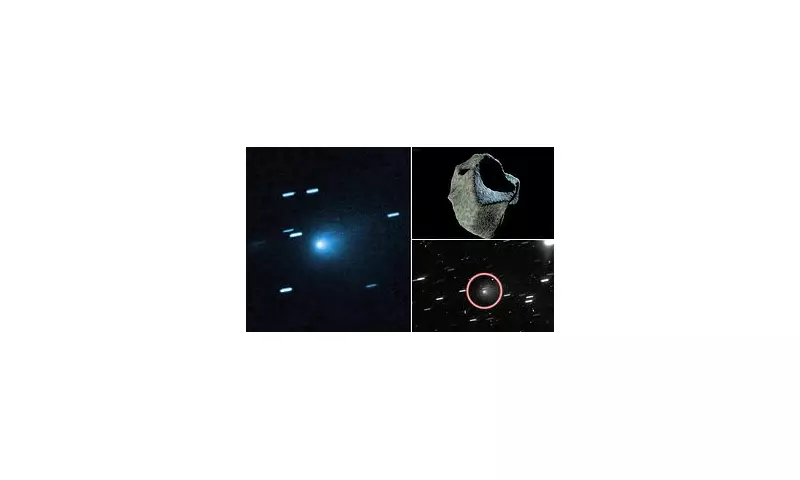
NASA has sent shockwaves through the scientific community with its latest revelations about 'Oumuamua, the first known interstellar object to pass through our solar system. The space agency's new findings challenge everything we thought we knew about this mysterious visitor from deep space.
The Puzzling Nature of 'Oumuamua
When 'Oumuamua was first detected in 2017, astronomers were baffled by its unusual characteristics. The object displayed properties unlike anything seen before in our solar system, sparking intense debate about its true nature.
New Analysis Raises More Questions
NASA's latest research suggests that 'Oumuamua may not be a simple asteroid or comet as initially believed. The object's peculiar acceleration and trajectory continue to puzzle scientists, leading to renewed speculation about its origins.
Challenging Conventional Theories
The space agency's findings contradict several popular hypotheses about 'Oumuamua, including theories suggesting it might be an alien spacecraft. While not confirming extraterrestrial origins, NASA's data does indicate we're dealing with something far more complex than a typical space rock.
What We Know Now
- 'Oumuamua's shape is highly unusual - long and cigar-shaped
- It showed unexpected acceleration as it left our solar system
- The object lacked the typical coma of a comet
- Its composition remains a mystery to scientists
The Future of Interstellar Research
This discovery has profound implications for our understanding of interstellar objects. NASA scientists emphasize the need for better detection systems to study future visitors from other star systems more effectively.
As research continues, one thing is clear: 'Oumuamua has rewritten the textbooks on what we know about objects traveling between stars, and its true nature may remain one of space's most intriguing mysteries for years to come.




